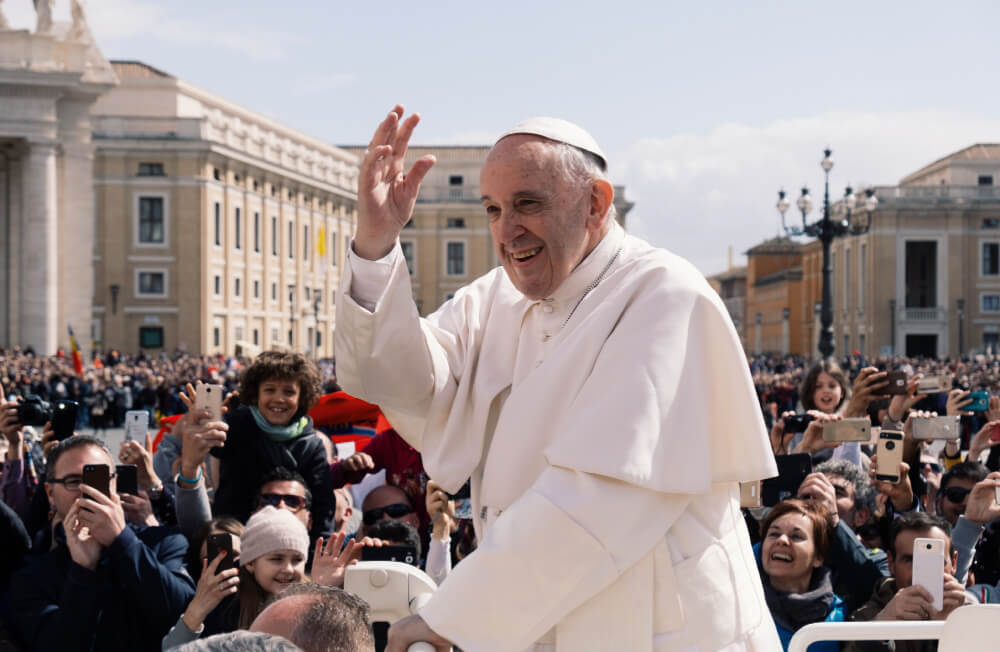
 Christianity, like any institution, is subject to scrutiny and criticism, and many have raised questions about its historical figures, including Pope Francis. While he is revered by millions for his leadership and efforts to promote peace, some argue that his tenure also had significant controversies.
Christianity, like any institution, is subject to scrutiny and criticism, and many have raised questions about its historical figures, including Pope Francis. While he is revered by millions for his leadership and efforts to promote peace, some argue that his tenure also had significant controversies.
One major issue involves the Church’s response to sexual abuse scandals. Critics assert thatPope Francis Paul II did not act decisively enough to address allegations against clergy members, which allowed many abuses to continue unchecked. This has led to accusations that the Church prioritized its reputation over the protection of vulnerable individuals.
Additionally, John Paul II’s stance on certain social issues, such as contraception and abortion, has been criticized for its impact on global health and women’s rights. Opponents argue that these positions contribute to widespread suffering, particularly in developing countries where access to healthcare and education is limited.
Furthermore, some claim that the Church’s teachings can be manipulated to control followers, fostering a dependence on religious authority rather than encouraging individual thought and critical questioning. This perspective suggests that the Church, through figures like John Paul II, may perpetuate a system that benefits itself while hindering personal and social progress.
These points have led some to label Christianity, particularly in its institutional form, as a “scam,” arguing that it exploits faith for power and control. While many find genuine value and community within the Church, it’s essential to examine its leaders and practices critically, recognizing that the impact of these institutions can be both profound and troubling. In this light, a reevaluation of faith and its leadership is not only necessary but urgent.





